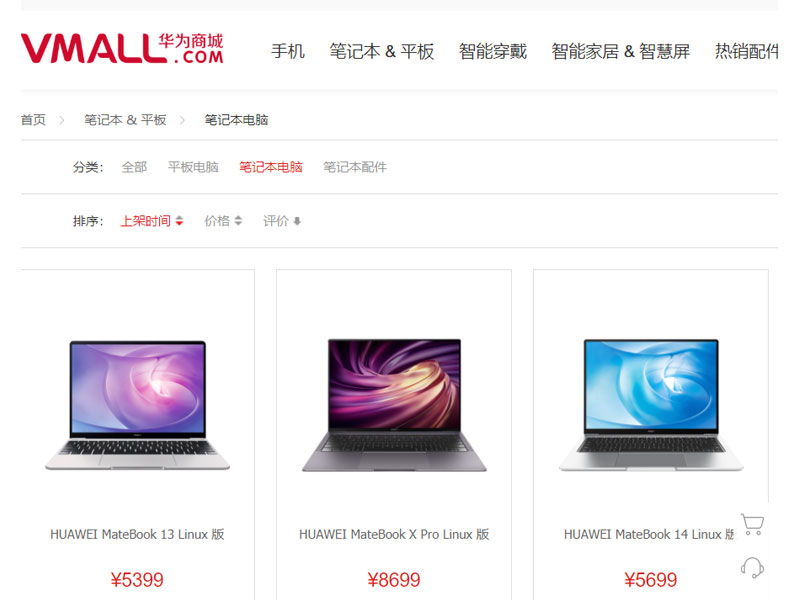Specifically, the computers that include Linux instead of Windows are MateBook X Pro, MateBook 13 and MateBook 14. The distribution chosen is Deepin, developed in China, based on Ubuntu and with its own desktop environment also called Deepin.
The change of Microsoft’s proprietary software for Open Source means a series of savings that consumers will enjoy (around € 40 per laptop).
With this new offer, it is possible that Huawei is anticipating the problems that could be caused by the fact that the US government blacklisted them, as they could lose the ability to buy Microsoft Windows licenses. Last August Trump administration granted them a new extension of 3 months, so it is still unclear if the sanctions will finally be applied.
Now we’ll have to wait to see if Huawei models with Linux also reach other countries and how consumers react to this change in the operating system.
Source: TechRepublic







0 Comments